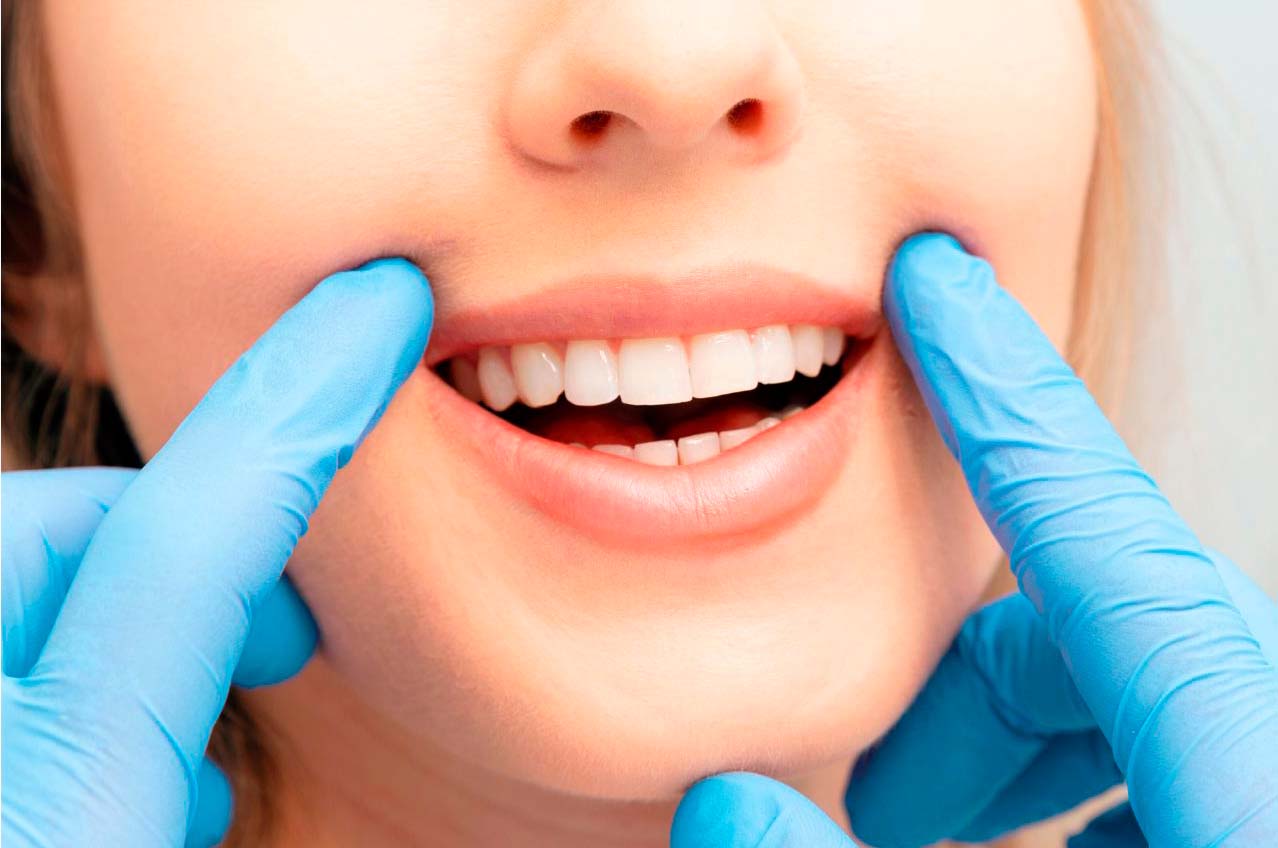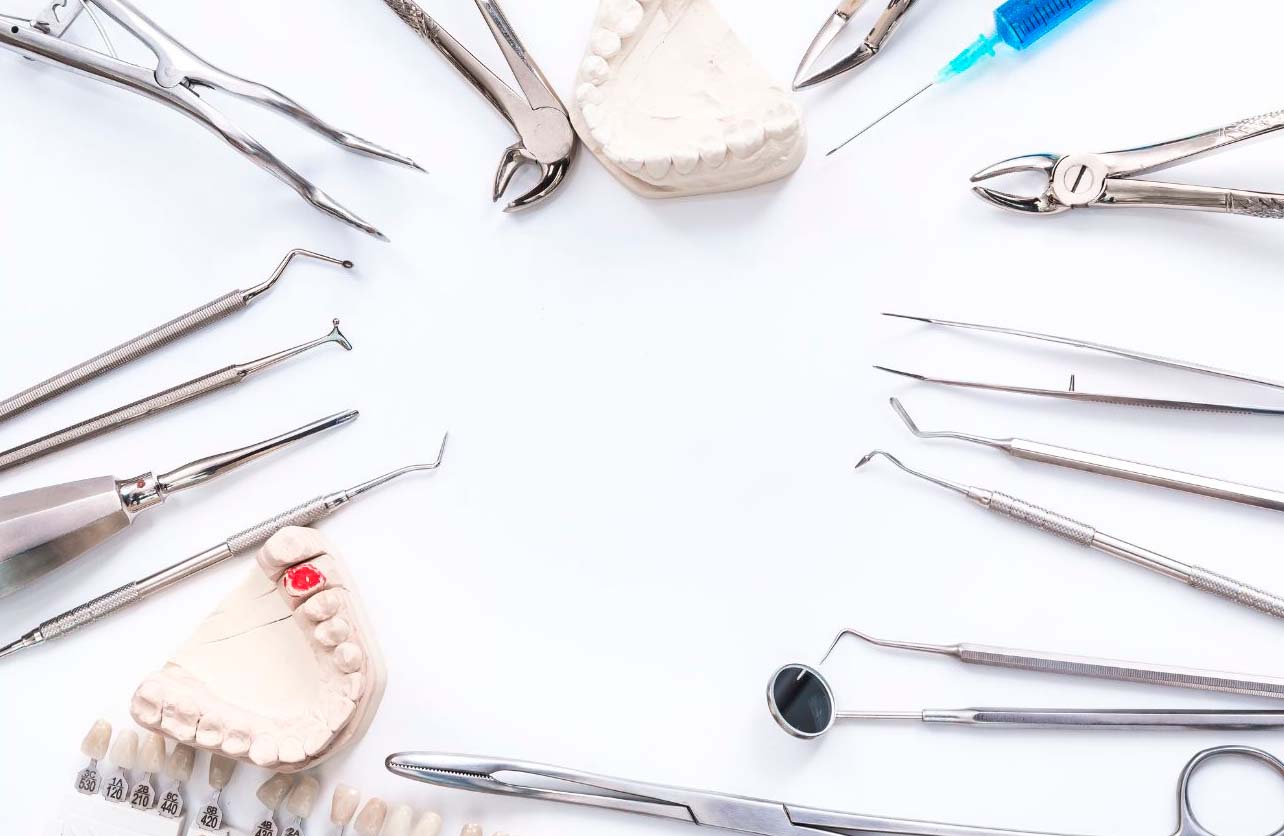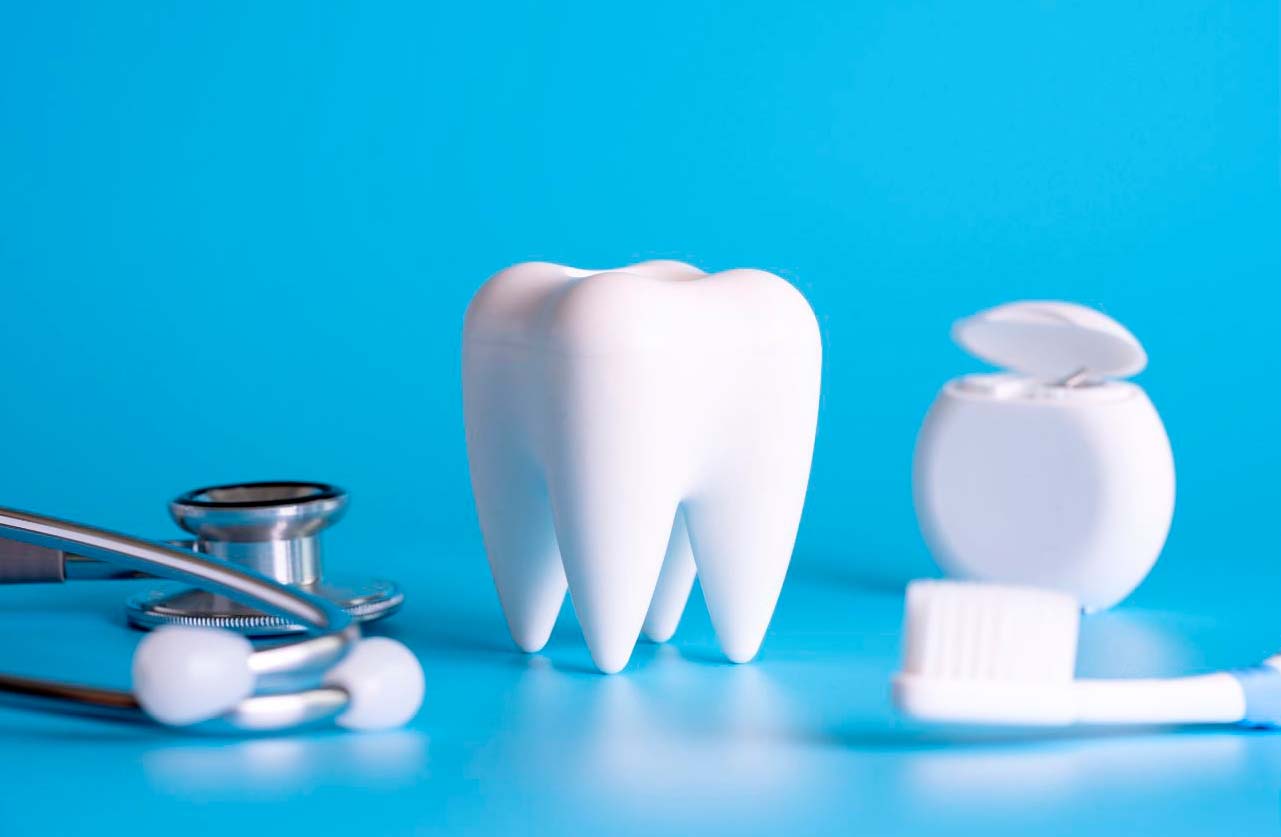Post-operative Care

We want to minimize as much as possible any discomfort you may have after the procedures performed in our office and share information that will help you manage the first days post-surgery.
It is normal to experience minor swelling and bleeding during the first week after surgery. Each procedure (gum disease treatment, gum grafting, bone grafting, sinus augmentation, dental implants…) is different and so we will give you more specific written instructions depending on the case. There might be a peak of swelling around the third to fifth day after surgery. You can use an ice pack on-and-off, every 10 minutes, around the side of the face where the procedure was performed to diminish swelling during the first 24 hours only. If persistent bleeding occurs, apply pressure onto the area for 20 minutes with a moist gauze and black tea or use a moist tea bag itself. Repeat if necessary. Do not suck on candy, drink from a straw or spit, as these actions will induce bleeding. Please call the office if you have questions.
A specific prescription will be given to you if required or an over-the-counter substitute will be recommended in advance to help subside the swelling and improve the healing process. Please take your medications as directed. A combination of ibuprofen & acetaminophen has proven to work well for most patients. Dosages ranging from 400-600 mg of ibuprofen (Advil; Motrin; Aleve) every 6-8 hours for the first 2-4 days work well. If needed you can combine it with 325 or 500 mg tablets of acetaminophen (Tylenol) every 6-8 hours. The safe use of these medications should not exceed the daily dosage of 3000 mg a day of acetaminophen or 1200 mg of ibuprofen. Contact the office if you have questions. Please inform the office about any allergies you may have, specially, if a prescription for antibiotics is necessary. Antibiotics interfere with certain medications such as birth control pills, reducing their efficacy. Take probiotic supplements if you start taking systemic antibiotics to protect your normal indigenous microflora.

Prebiotic substances (L-glutamine) may further help maintain a healthy ecological microflora balance, prevent the overgrowth of pathogenic microorganisms, stimulate the immune system, aid in protein synthesis & tissue repair and favor the intestinal permeability & absorption of important nutrients & minerals such as calcium & magnesium. The amino acid L-glutamine (500mg/2-3 times a day on an empty stomach) could considerably aid with the recovery healing process the first 4-8 weeks after surgery. Trauma, stress, infection or heavy exercise could deplete our body’s glutamine stores. It is also found in lentils, beans, garbanzos, peas, quinoa, millet, oats, almonds, spinach, sparsely, cabbage, kale, beets, figs, plums & prunes, turkey, chicken, fish and eggs.
Other supplements, such as vitamin c (1000mg/ twice a day as ester), L-proline/L-lysine (500mg/twice a day) and zinc (50mg/day), might also benefit & boost the healing process by favoring connective tissue repair & bone healing as well as strengthen your immune response.
Rinsing
Do not rinse for the first 24 hours. If a mouthwash is recommended use it only for the first week morning and night time for 30-40 seconds after brushing your teeth. A teaspoon of salt in a small half glass of water is a safe rinse and can be used for more than just a week. Make sure the rinses you do are gentle, bathing the area. Too much rinsing could disturb the initial delicate healing and blood supply to grafted sites or extraction sockets so keep it to twice a day.
Smoking and alcohol drinking can significantly delay healing, increase pain and interfere with the medications you might be taking. Please refrain from smoking for the first three weeks after surgery.
Physical activity
Try to rest the day of the procedure. Avoid strenuous exercise or heavy weight lifting during the first week of healing. Light cardio exercise is fine 2-3 days after the procedure.
Diet
Avoid hard crunchy foods. Food that is cooked and soft such as fish, turkey, oatmeal, beans, eggs, pasta, soup, yogurt, are good choices. Try not to chew on the side where the surgery was done during the first week. Avoid hot foods and liquids for nearly 48 hours after surgery. Proper nutrition is vital to healing well and faster.
Brushing
Do not brush the surgical site for the first week unless instructed to do so. If you had a gum graft, wait two weeks before brushing that particular site. You can gently swab the treated area using a Q-tip moistened with the prescribed rinse to clean around the teeth. You may resume normal brushing/flossing on the rest of the mouth the following day. If you use an oral irrigator device (waterpik), stop using it, specially, around grafted sites, for 4 weeks after the procedure. The water pressure can compromise the initial delicate blood supply to the graft. You may resume using oral irrigators after the grafted site and gums have healed. Sutures will dissolve within the first 5-10 days. A follow-up visit will be scheduled to evaluate healing at 1 & 4 weeks. Regular maintenance will be recommended accordingly.

Intestinal permeability and systemic infections in critically ill patients: effect of glutamine. Crit Care Med. 2005;33:1125-35.De-Souza DA, Greene LJ.
OBJECTIVE:
This article provides a critical review of the evidence indicating that an increase in intestinal permeability is associated with the installation of bacteremia, sepsis, and the multiple organ failure syndrome and that glutamine in pharmacologic doses reduces the acute increase of intestinal permeability and the infection frequency in critically ill patients.
DATA SOURCE:
All studies published until December 2004 about intestinal permeability, bacterial translocation, and glutamine were located by search of PubMed and Web of Science. The reference lists of review articles and primary publications were also examined to identify references not detected in the computer search.
STUDY SELECTION:
Clinical and experimental studies investigating the correlation between intestinal permeability, bacterial translocation, and frequency of infections, associated or not with the effect of glutamine administration.
DATA EXTRACTION:
Information regarding patient population, experimental design, glutamine doses and routes of administration, nutritional therapy prescribed, methods used to assess intestinal permeability, metabolic variables, and the frequency of infections were obtained from the primary literature.
DATA SYNTHESIS:
Intestinal permeability is increased in critically ill patients. The results have not always been consistent, but the studies whose results support the association between intestinal permeability and systemic infections have had better design and more appropriate controls. The administration of glutamine by the intravenous or oral route and at the doses recommended before or immediately after surgery, burns, or the administration of parenteral nutrition has a protective effect that prevents or reduces the intensity of the increase in intestinal permeability. Glutamine reduces the frequency of systemic infections and may also reduce the translocation of intestinal bacteria and toxins, but this has not been demonstrated.
CONCLUSIONS:
Glutamine administration improves the prognosis of critically ill patients presumably by maintaining the physiologic intestinal barrier and by reducing the frequency of infections.
Effect of a glutamine-enriched enteral diet on intestinal permeability and infectious morbidity at 28 days in critically ill patients with systemic inflammatory response syndrome: a randomized, single-blind, prospective, multicenter study.
Conejero R, et al. Nutrition. 2002;18:716-21.
We investigated the effect of a glutamine-enriched enteral diet on intestinal permeability and infectious morbidity and mortality in critically ill patients who developed systemic inflammatory response syndrome after an acute event. Eleven intensive care units in tertiary-care hospitals participated in a prospective, randomized, single blind, multicenter trial. Eighty-four patients with systemic inflammatory response syndrome of any etiology were randomly allocated to receive a glutamine-enriched enteral diet or a control diet without glutamine.Most patients received the planned caloric intake. The number of infected patients was smaller in the glutamine group than in the control group (11 versus 17 patients, P < 0.05), with a relative risk of 0.5 (95% confidence interval = 0.3-0.9). The most frequent infection was nosocomial pneumonia, with 11 (33%) patients in the control group and 6 (14%) in the glutamine group. There were no differences with respect to other infections, mortality, or length of stay. Intestinal permeability as assessed by the lactulose-mannitol test was unchanged in both groups. Glutamine-enriched enteral diets can decrease nosocomial infections in patients with systemic inflammatory response syndrome.
Immunonutrition as an adjuvant therapy for burns.
Fernando Verdugo , DMD, PhD, All rights reserved
